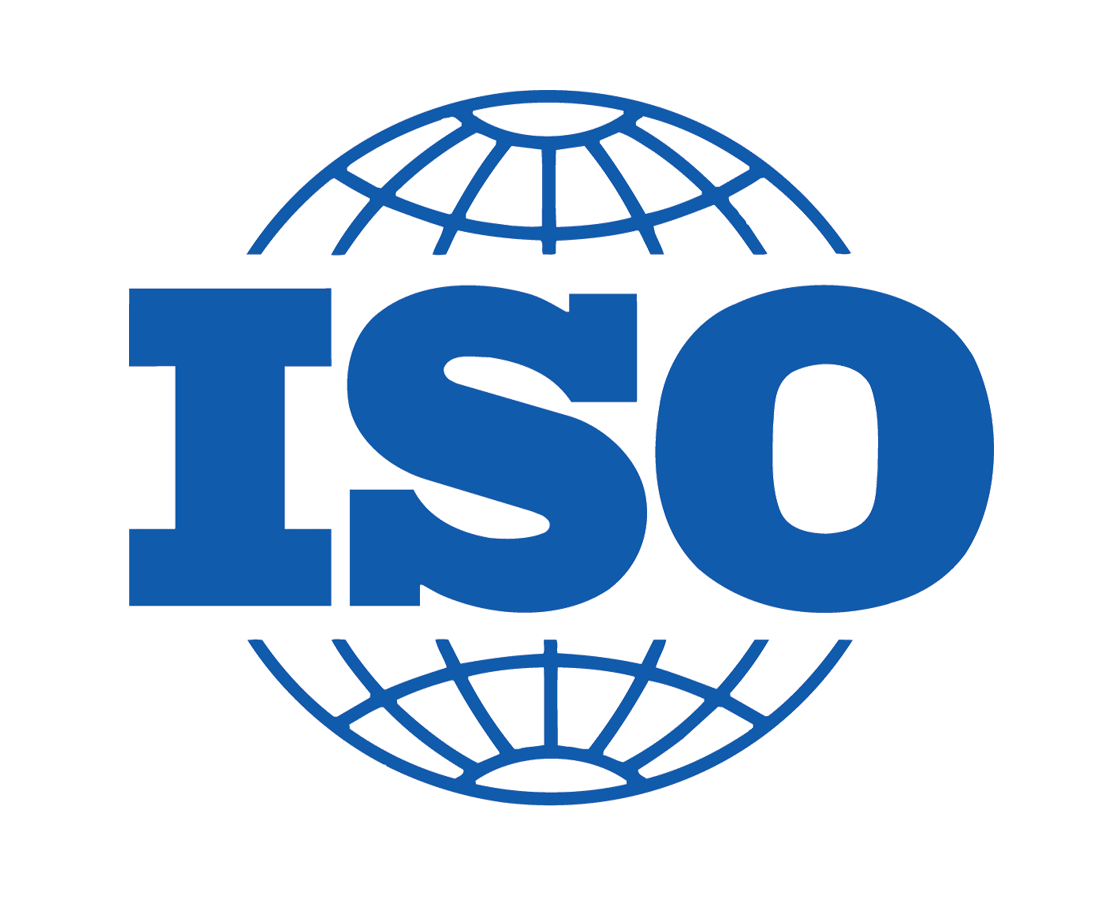Get ISO 22000: 2005
Starting Rs. 7500
Benefits of ISO 22000: 2005 Certification
Increased Trust
As safety and hygiene are the keys of successful food business, ISO 22000 will enhance trust of your customers.
Better Management
Following the principles of ISO 22000 will improve the quality of management. This will result in more and more loyal clients.
Happy Clients
Better management system and services will improve client satisfaction level. This will ensure client retention and brand loyalty.
What is ISO 22000: 2005?
ISO 22000 is a Food Safety Management System that can be applied to any organization in the food chain, farm to fork. Becoming certified to the standard allows a company to show their customers that they have a food safety management system in place. This provides customer confidence in the product. This is becoming more and more important as customers demand safe food and food processors require that ingredients obtained from their suppliers to be safe. The ISO certification will demonstrate your commitment towards the quality and safety of food products that you manufacture or supply.
This standard contains specific requirements to be addressed by the Food Safety Management System. The standard requires food safety management system processes including:
- Having an overall Food Safety Plan for your organization.
- Setting objectives that will drive your companies efforts to comply with this policy.
- Planning and designing an effective management system.
- Maintaining records of the performance of the system.
- Establishing a group of qualified individuals to make up a Food Safety Team.
- Defining communication procedures to ensure effective communication with important contacts outside the company (regulatory, customers, suppliers and others) and for effective internal communication.
- Having an emergency plan.
- Holding management review meetings to evaluate the performance of the FSMS.
- Providing adequate resources for the effective operation of the FSMS including appropriately trained and qualified personnel, sufficient infrastructure and appropriate work environment to ensure food safety.
- Implementing Prerequisite Programs.
- Following HACCP principles.
- Establishing a traceability system for identification of product.
- Establishing a corrective action system and control of nonconforming product.
- Maintaining a documented procedure for handling withdrawal of product.
- Controlling monitoring and measuring devices.
- Establishing and maintaining internal audit program.
- Continually updating and improving the FSMS.
